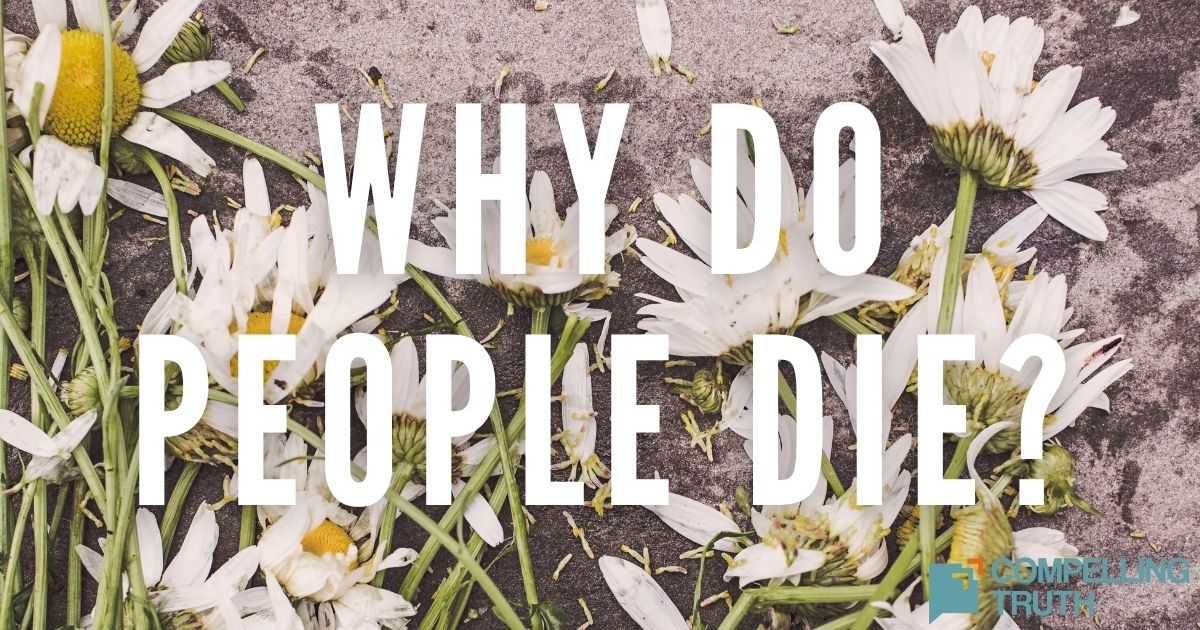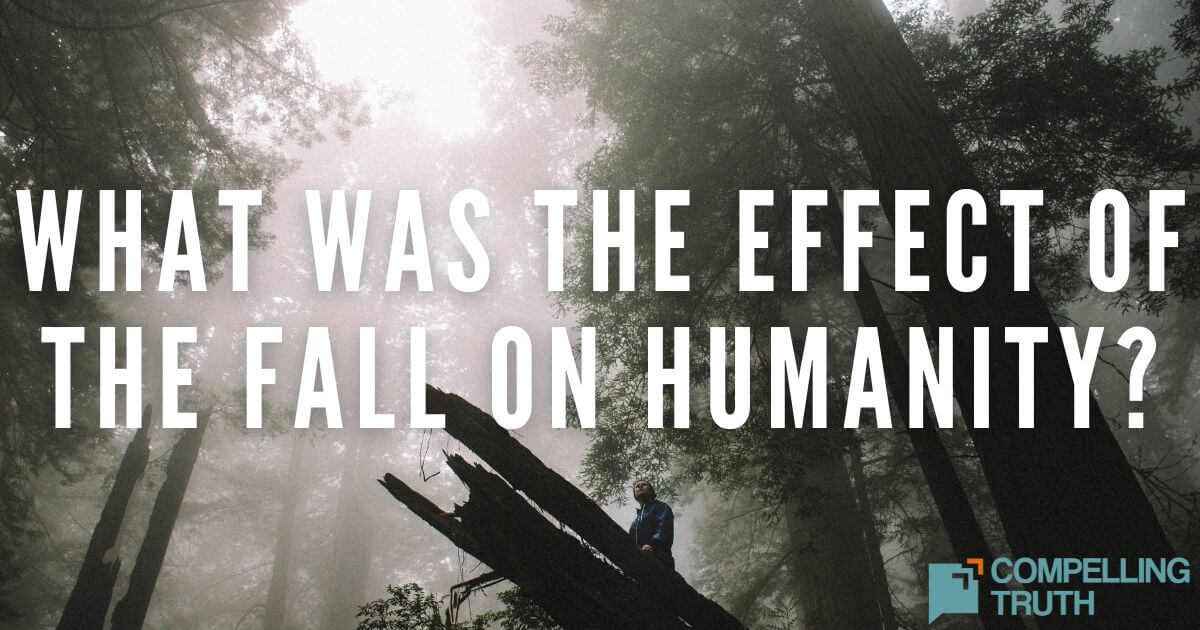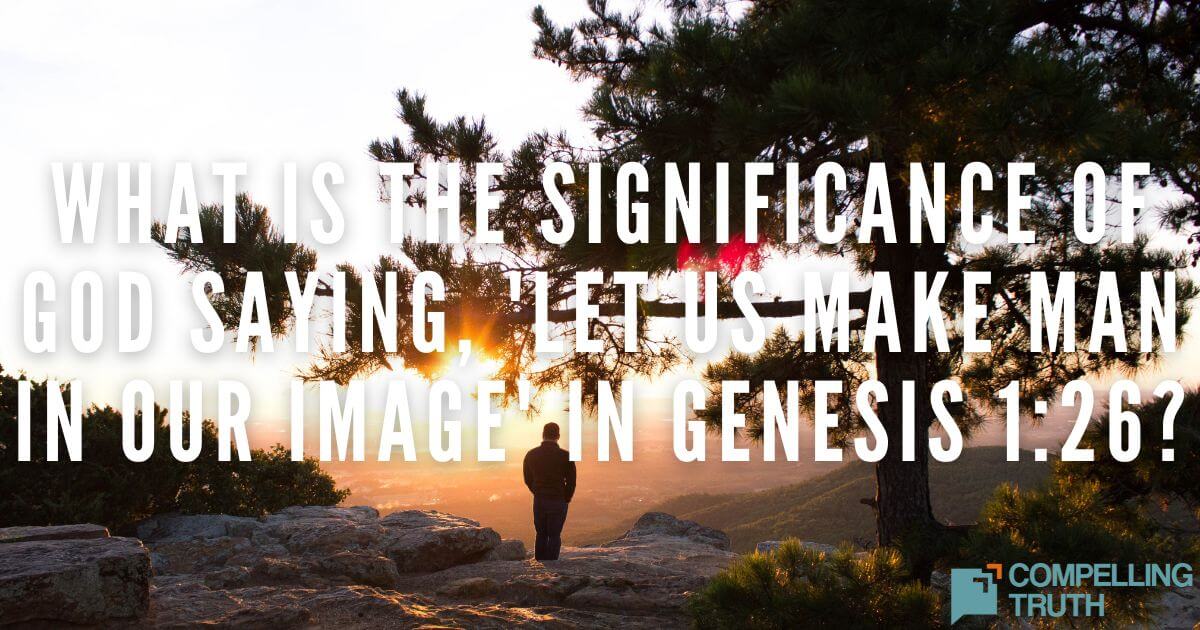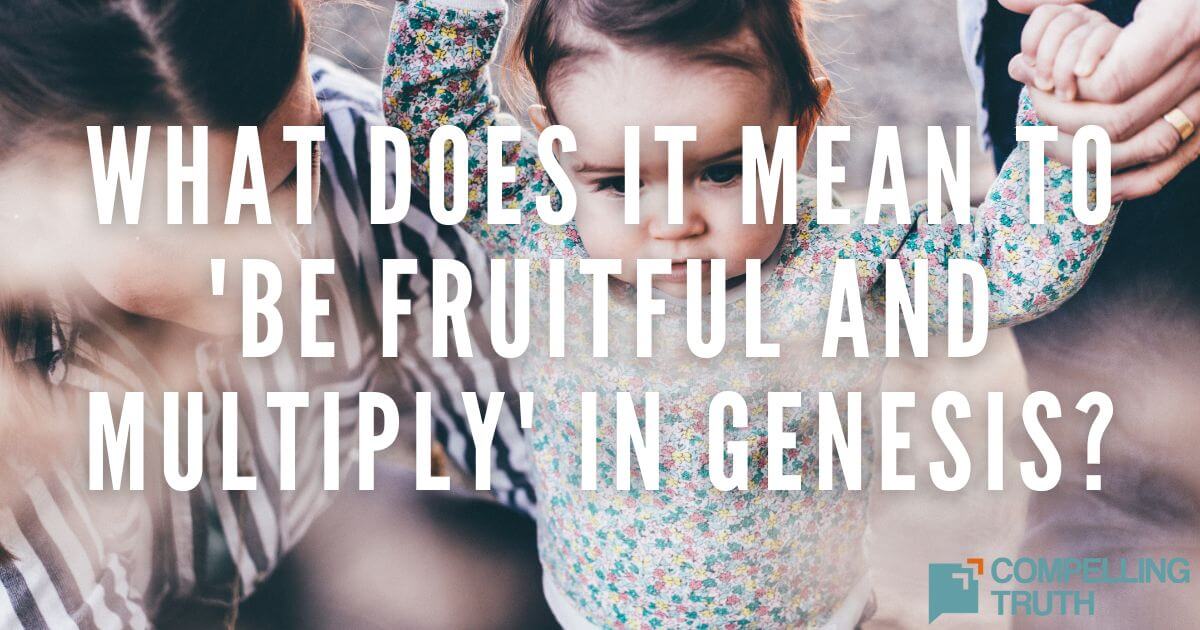what does the bible say?
In Genesis 3:19 God tells Adam, "For you are dust, and to dust you shall return." In short, humans would physically die. Because of Adam's sin all are under the curse of death, both spiritually and physically (Romans 5:8–12). But by the grace of God, Jesus Christ—our Savior—has conquered sin and death, crushing the head of the serpent (as promised in Genesis 3:15). He has provided for all who believe in Him to have new life, to be a new creature, to be born again—never to experience spiritual death (John 6:47). That new, eternal life begins even in this lifetime (2 Corinthians 5:17). Though we will still die physically, true life in Christ does not end. In fact, though our physical bodies will return to dust, they will be resurrected, and the glory of our resurrected bodies will match the glory of our spirits, which have been made alive through Jesus Christ. We will be with Him forever (1 Thessalonians 4:13–17). By God's grace, all who put their faith in Jesus are given this new, eternal life in Him (1 Corinthians 15:47–49; 1 Thessalonians 4:14). Believers can face death knowing it won't hold us, our Lord has redeemed us from it, and that we will live with Him forever (1 Corinthians 15:50–58).




